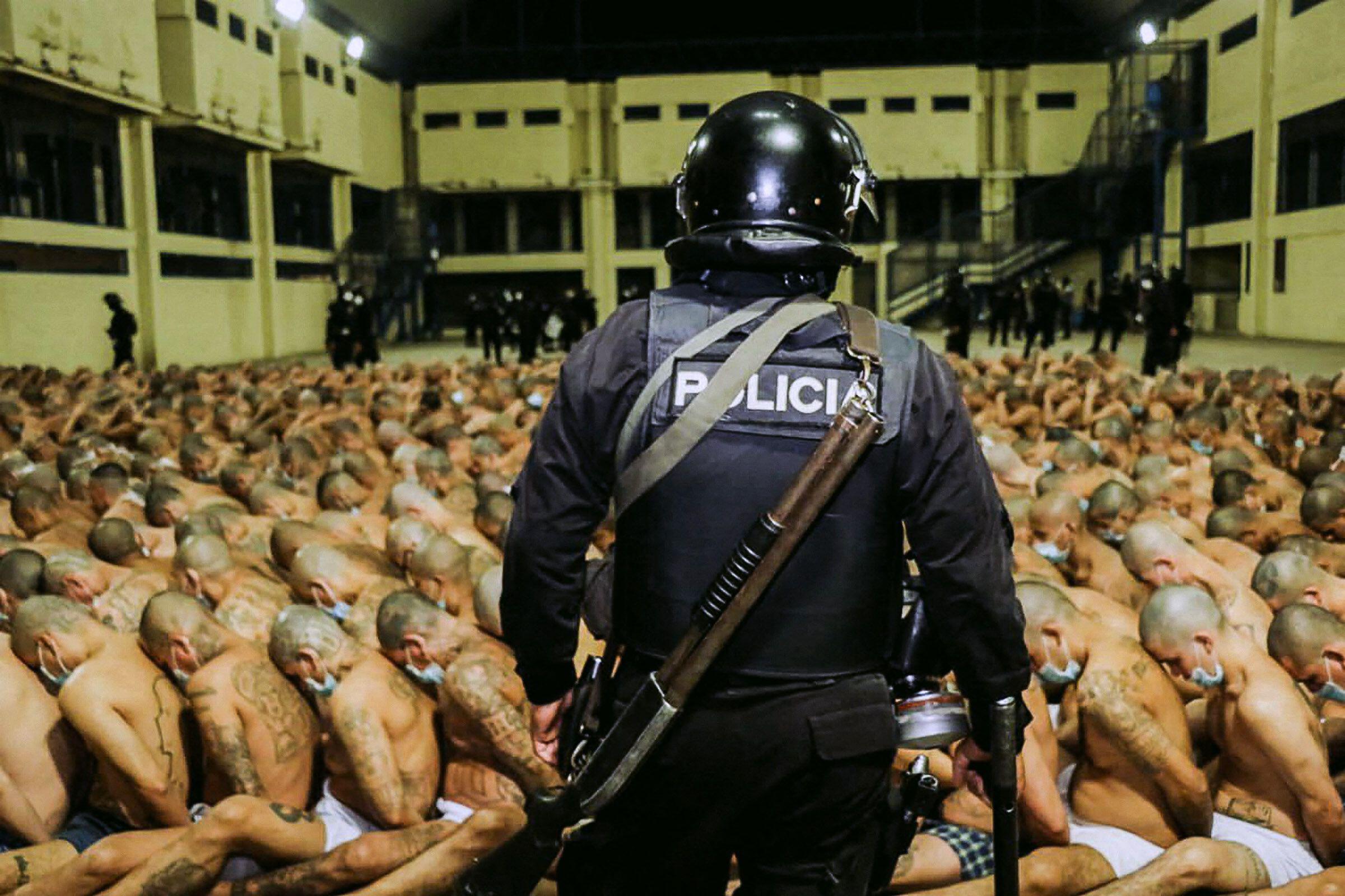Mexican politicians are using social networks in sleight of hand similar to the ones they used in elections before the age of technology, say critics. Instead of paying voters to show up for the vote, or stuffing boxes — known practices in previous mid-term or presidential elections — today’s savvy campaign managers are helping their candidates swell up their numbers of Twitter followers and Facebook “likes”.
“They are doing online what they used to do offline,” according to Maria Elena Meneses, a media expert and professor at the Tecnologico de Monterrey who has studied elections and the Internet.
The campaign of ruling party presidential candidate Josefina Vasquez Mota drew much criticism after it allegedly used an internet bot to create a trending topic during recent elections to select the presidential candidate for the ruling Partido de Accion Nacional. News magazine Procesoreported that news sites that had measured the growth of the Vasquez Mota’s followers could determine how many of them were obtained through the bots.
Despite this criticism, Vasquez Mota seems to have one of the best online media teams. Her approach is similar to that used by US President Barak Obama in his 2008 presidential elections. The team’s use of various hashtags to trigger a trending topic, including the hashtag #HoyganaJosefina, which means “today Josefina wins”, helped expand her followers list by 31,000 in only a few hours in late January during her party’s internal election process (detractors say this is where the campaign used bots). The candidate’s Facebook page also has a lot of young followers.
Meneses says it is estimated that 15 million Internet users in Mexico are between the ages of 18 and 34. The young vote will be the more difficult to harness in the next presidential elections in July: 34 million new voters who turned 18 between 2006 and this year will be voting this presidential election.
But the presidential campaigns have a wooden Internet presence. Enrique Peña Nieto, the presidential candidate for the Institutional Revolutionary Party (PRI), whose party ruled Mexico for 70 years until 2000, uses YouTube, but, Meneses says, not in a way that would attract young voters. “They only tape their campaign presentations. There is no give and take with the audience, which is what young voters want,” she says.
Meneses says none of the three presidential candidates for the three major parties — the PAN, the PRI and the left of center Partido Revolucionario Democratico, (PRD) — are using social media effectively to reach and communicate with common citizens. “They could use those sites to respond to uncomfortable questions,” she insists.




